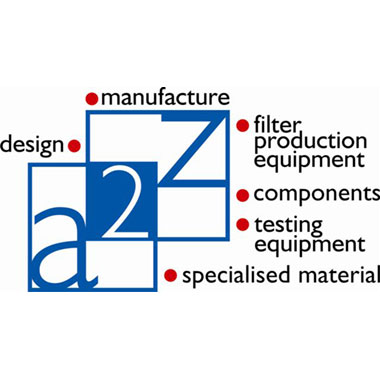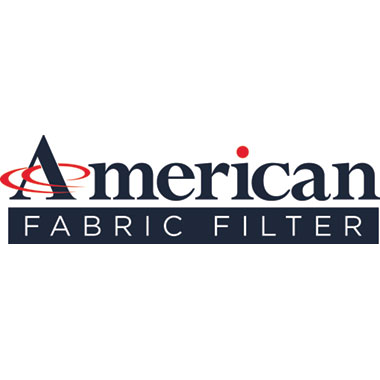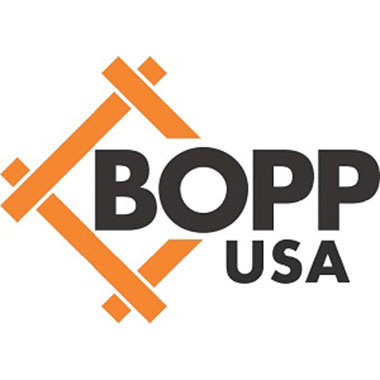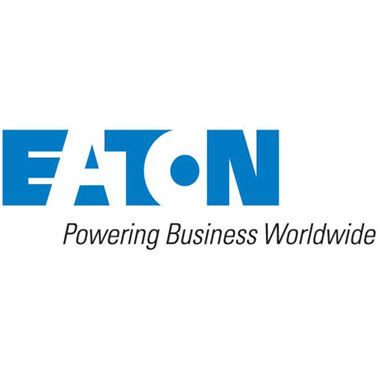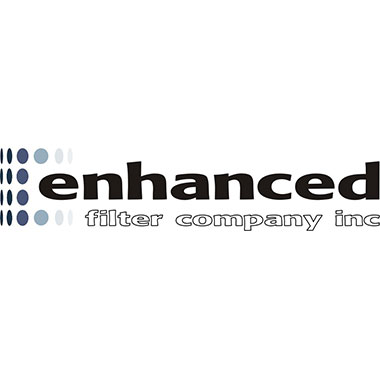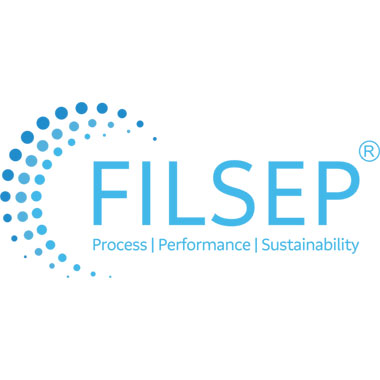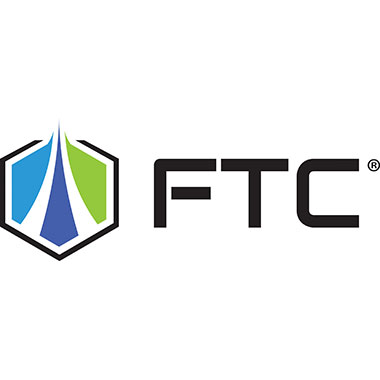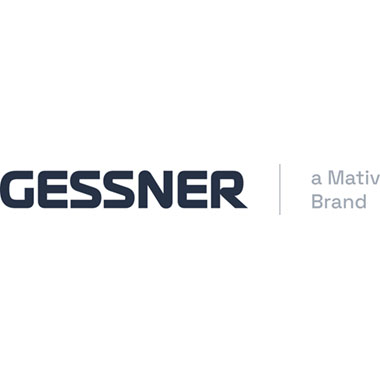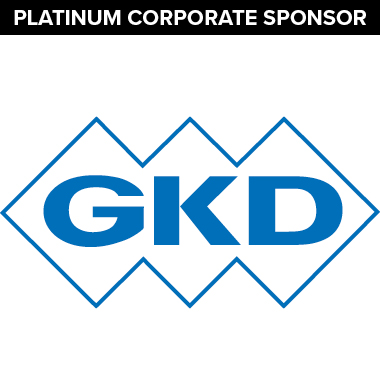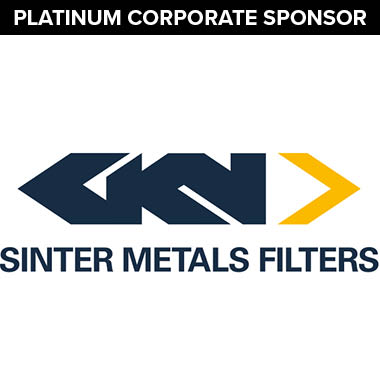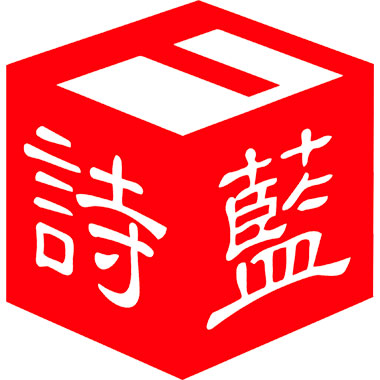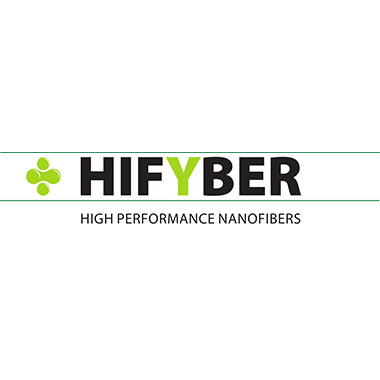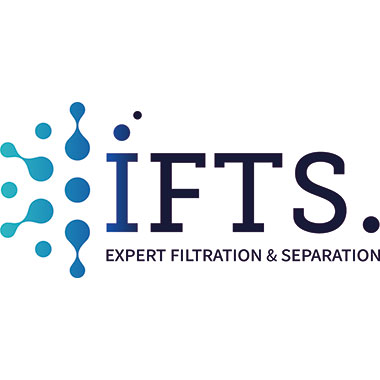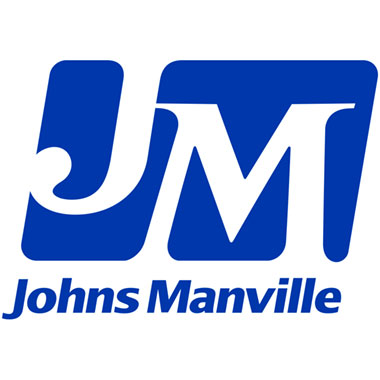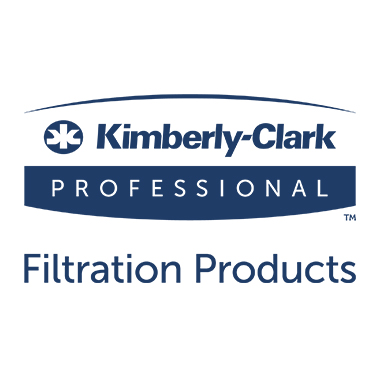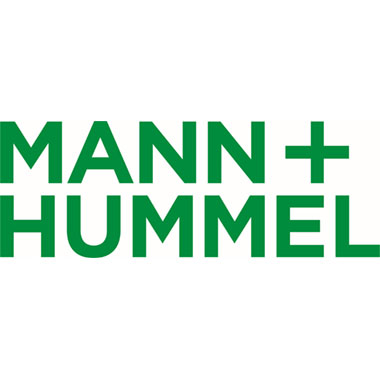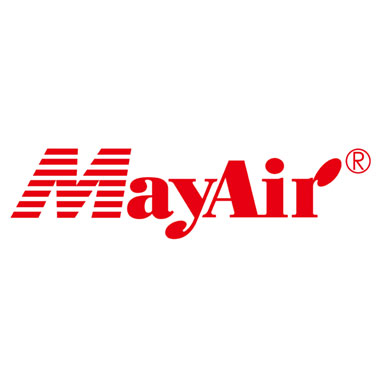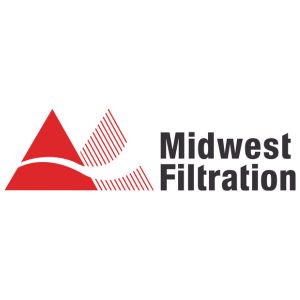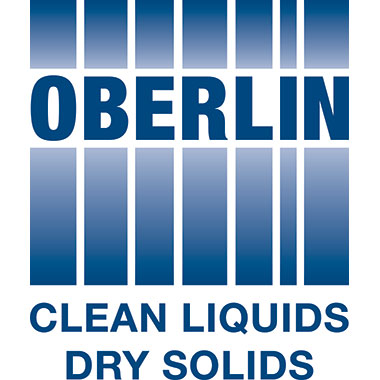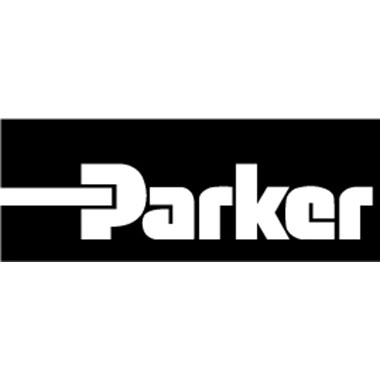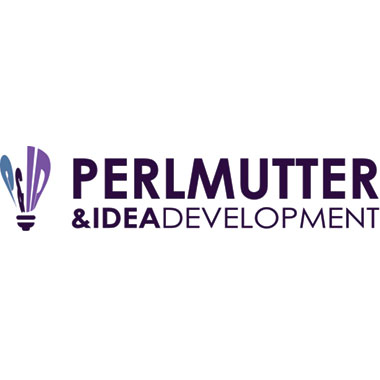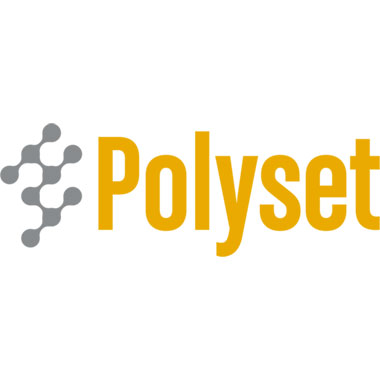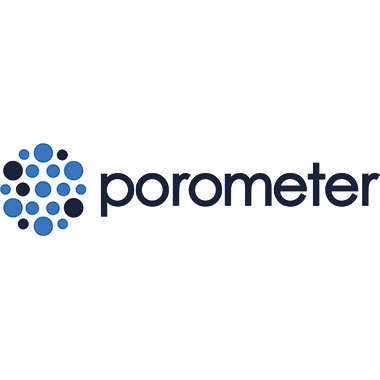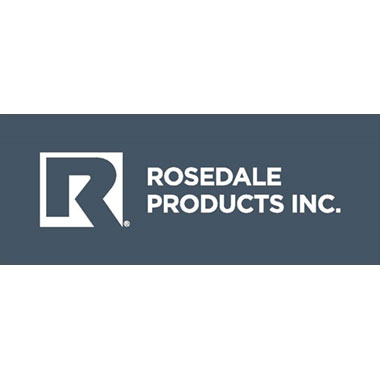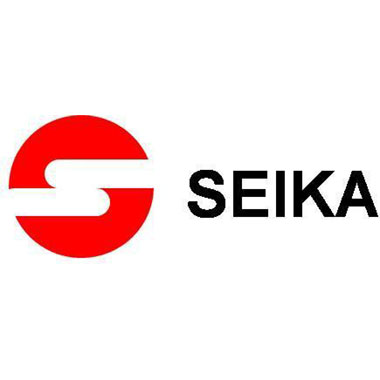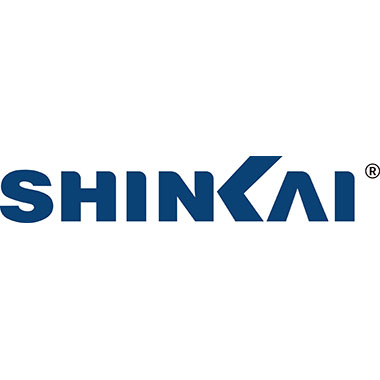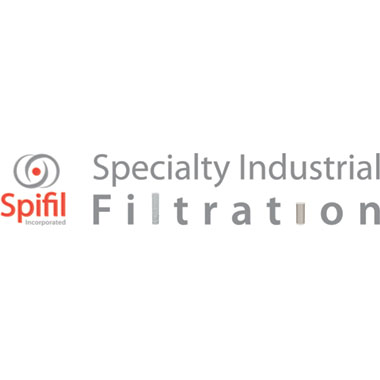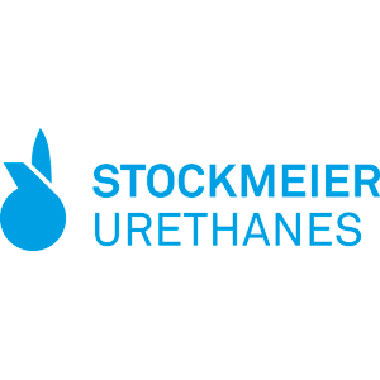The Latest and Greatest: John Crane CFD Polymer Melt Filtration Systems Increase Polycarbonate Production
Polycarbonates are thermoplastic polymers containing carbonate groups in their chemical structures. They are strong, tough materials, and some grades are optically transparent. In addition, they are easily worked, molded and thermoformed, and because of these properties, polycarbonates can be used in many applications.
Polycarbonates are becoming increasingly important and popular as an environmentally friendly (recyclable) polymer. The global demand for polycarbonates was estimated at 4.6 million tonnes in 2019, and it is forecasted to increase to 5.5 million tonnes by 2024. This growth in demand is creating opportunities for technologies that enable increases in production capacity.
In 2017, a well-established Russian polycarbonate production plant, with an annual capacity of 65,000 tonnes, was looking for ways to strengthen its competitiveness and improve its levels of off-specification product that was driving down selling price, or in the worst case, being rejected by the customer. The plant had to quickly identify the source of the off-spec problem and employ a cost-effective remedy, preferably without interrupting production.
John Crane’s custom computational fluid dynamic (CFD) analysis is unique because it can build flow simulations for non-Newtonian fluids, such as polycarbonate melt. The discussions with polymer filtration customers are frequently around the possibility of accurate simulations to eliminate the process downtime associated with optimization trials.
Using CFD to analyze the flow dynamics of the large area filtration system and identify the root cause of the off-spec problem, John Crane quickly discovered that system bottlenecks existed and areas where the product flowed both very fast and very slow. The flow obstructions changed the characteristics of the polycarbonate and likely caused the formation of hard particles and soft agglomerates (gels).
The rheological analysis also determined that internal components of the filtration system were not effectively dimensioned to accommodate the proper flow. The CFD software was also able to simulate our alternative filter designs to eliminate the bottlenecks and uneven flows. This led to an optimally designed system for improved output.
The team quickly moved to fix the production issues. Plant management initially focused on one filter system to verify that the John Crane recommendations would resolve the filter issue and optimize the process as promised. The initial upgrade included a Janus stainless steel disc filter system and changed the dimensions of all internal components but kept the 12-inch filter disc (filter element) solution to prevent any changes on the line setup.
The system upgrade and product quality immediately decreased the differential pressure inside the filter from 80 bar to 60 bar and reduced the temperature increase over the filter of the polycarbonate material from 50 °F / 10°C to 41°F / 5°C, resulting in further process benefits. The John Crane upgrade required far less cleaning than the existing system, reducing the interval from every three months to more than six months. Impressed with the results, the plant ordered three additional Janus disc filter systems to upgrade the entire process.
The growth in demand continued. In 2020, with plans to increase plant capacity to 80,000 tonnes per year, John Crane identified the filter as a key bottleneck to expansion and developed a solution to the problem, using larger 15-inch filter discs at an investment of $2 million, $8 million less expensive than the cost of installing an additional process line.
Depending on production requirements, the Janus filtration system is designed as a single or double filter with changeover. The double filter ensures continuous operation when the maximum contaminant load is reached, and filter elements must be replaced. Janus filters can be installed vertically or horizontally with possible filtration areas up to 100 m2. Heating is variable and is carried out with steam or carrier oil. Additionally, the system can be adapted to production outcomes, such as converting filter cartridges to elements.
The polymer industry increasingly uses John Crane CFD flow simulations to identify the root cause of filtration problems, plan future expansion, and develop custom filter solutions. We have extensive experience in simulating fluid and media characteristics. Using the simulation process, our team can deliver rheological solutions―whether it be optimizing existing systems or designing new systems for specific applications.
The Latest and Greatest blog series features newly released products, services and technical analyses from AFS Corporate Sponsors. To submit a nomination for the Latest and Greatest, please contact Lyn Sholl at [email protected].


